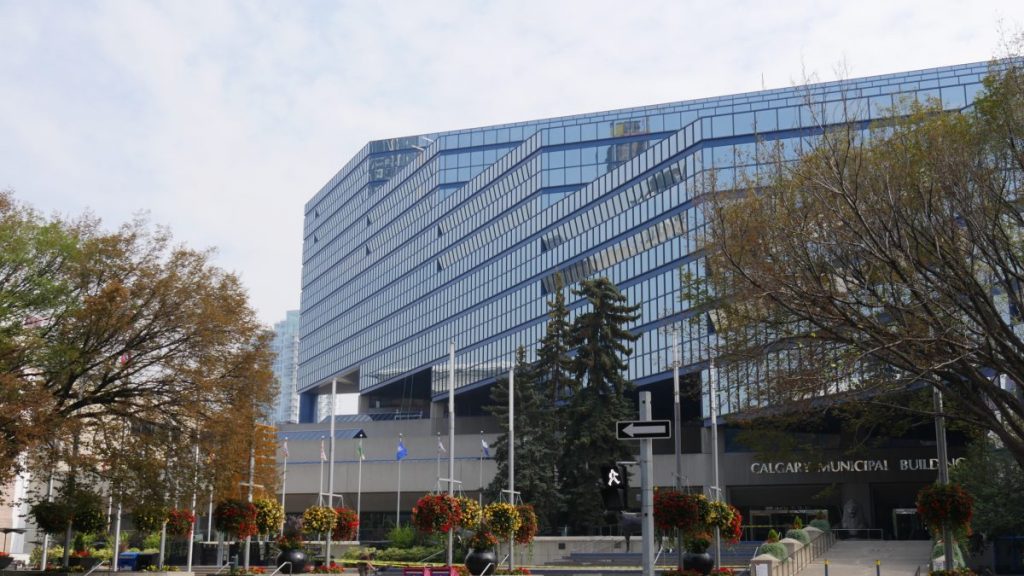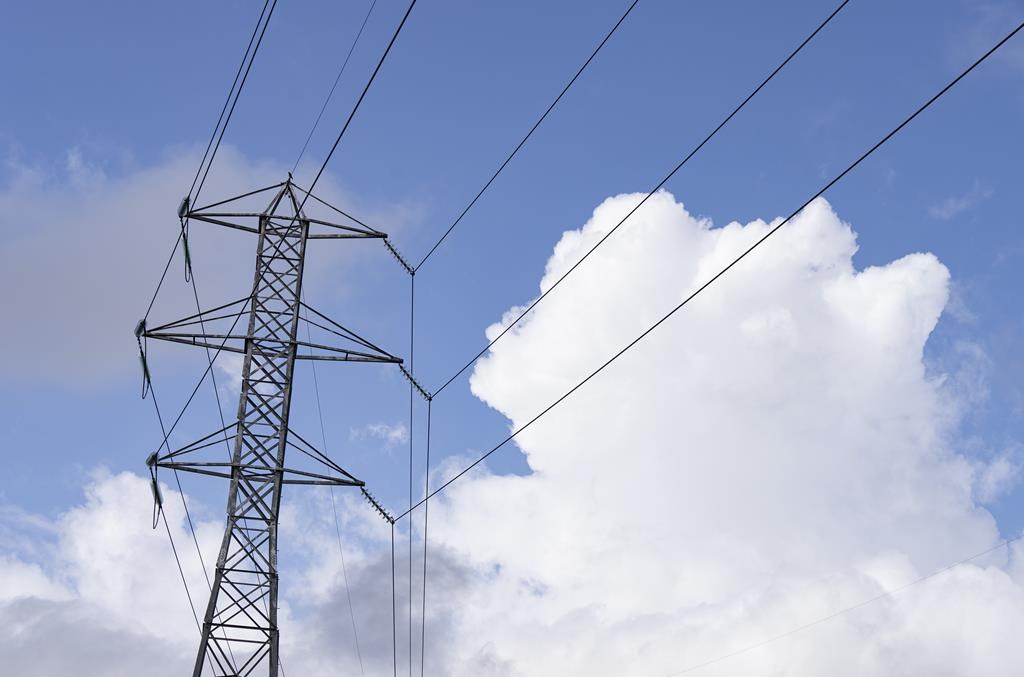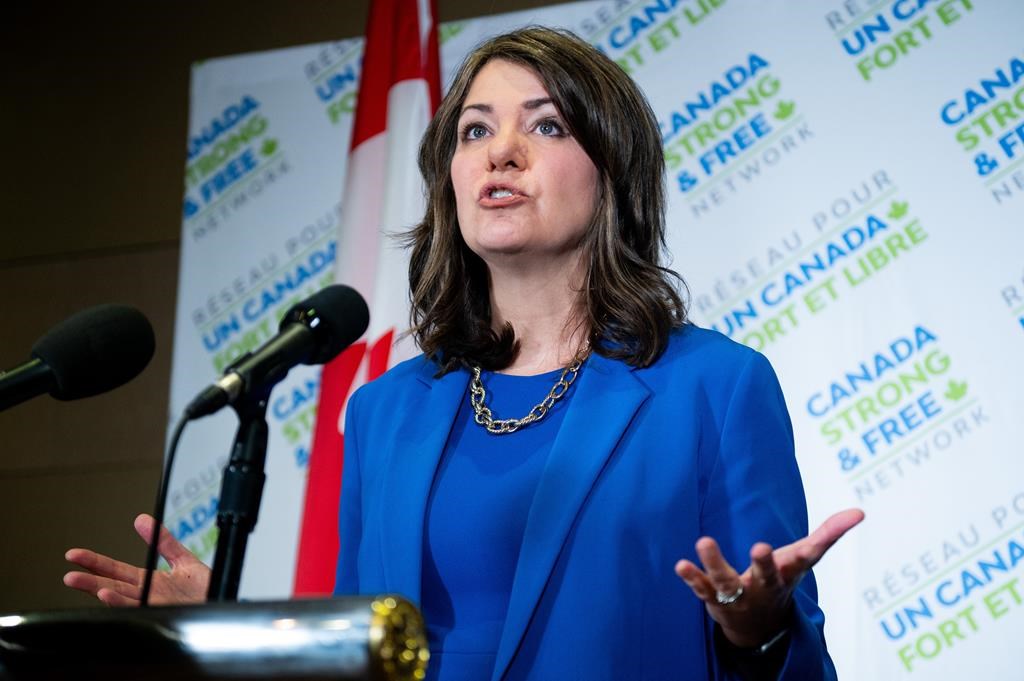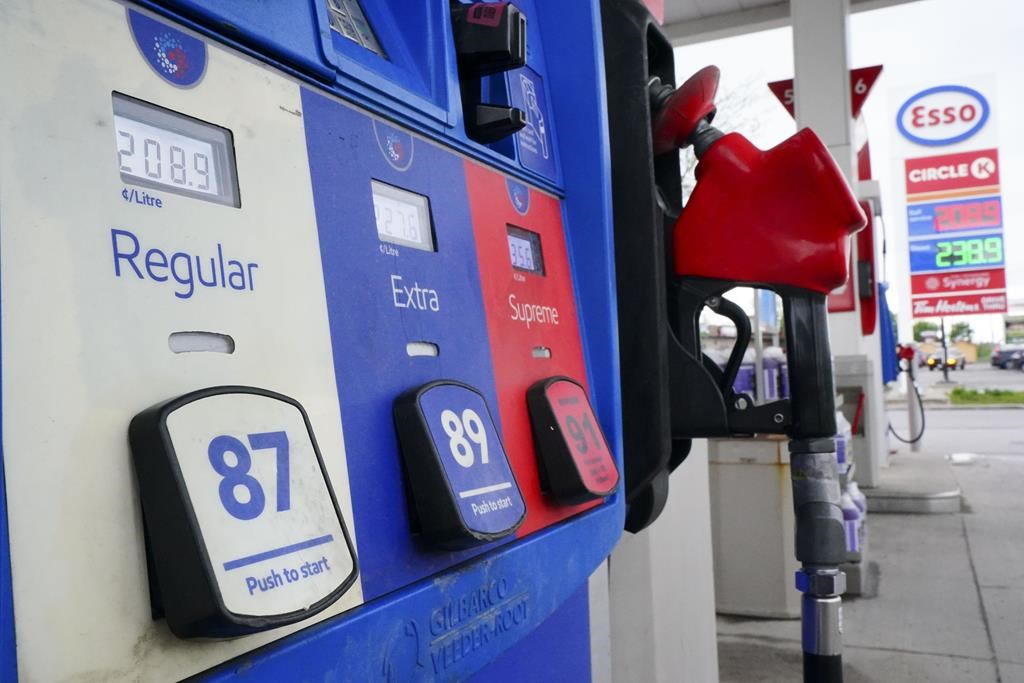Experts wonder how exactly Quebec will enforce its four-week curfew
Posted Jan 6, 2021 9:38 pm.
MONTREAL (CityNews) – Several Quebecers are questioning how the provincial government will manage to enforce the rules surrounding its newly imposed curfew.
Beginning Saturday and until at least Feb. 8, Quebecers will be under a curfew from 8 p.m. to 5 a.m., the province announced Wednesday.
Anyone caught breaking the rules is liable to a fine between $1,000 and $6,000. The government is considering creating a document for people who have to be out after the curfew, which they can show police.
Quebec will become the first province in the country to impose such a drastic measure to curb the spread of the novel coronavirus.
— CityNews Montreal (@CityNewsMTL) January 7, 2021
“I think the government has tried a bunch of things and many of them did not work the way they want,” said lawyer Cara Zwibel of the Canadian Civil Liberties Association. “And I’m not sure this will either. Frankly I’d want to know what they’re relying on.”
Public health director Dr. Horacio Arruda said the curfew is part of a series of measures aimed at reducing the possibility of gatherings and of contact between people.
“There’s no science that can tell you what measure will have what percentage effect,” he told reporters.
But Daniel Weinstock, the director of McGill University’s Institute for Health and Social Policy, says the curfew does not take into account important exceptions.
“[A] single mom who cooked dinner for the kids and really needs to go outside to clear her head … the rules need to be applied in a manner that is judicious,” said Weinstock.
“Realize that though someone might be infringing, they’re doing so in a way we can understand. As opposed to someone who is breaking the rules to go to a party.”
Other exceptions are already popping up. The public transit authority said it would continue to operate at night. In a tweet, the STM said that essential workers could continue to rely on them for transportation even during curfew.
“These are measures where the goal is probably not to achieve 100 per cent compliance,” said Weinstock.
Quebec Premier Francois said all non-essential businesses that he ordered closed in December will remain closed until at least Feb. 8, when the curfew is scheduled to be lifted.
Much of Quebec – including Montreal and Quebec City – has been under partial lockdown since October. Bars, restaurant dining rooms, gyms and event venues are all closed.
Yet, these measures have not decreased COVID cases and deaths in the province.
Earlier on Wednesday, Quebec reported 2,641 new COVID-19 infections and 47 more deaths attributed to the novel coronavirus. The Health Department said hospitalizations jumped by 76, to 1,393 – the largest number since late May – and 202 people were in intensive care, a rise of eight.
That’s why Quebec is trying something more drastic.
“When we say we are giving an electroshock it’s really for four weeks, a period that should make a difference,” Legault said.
“The police are important allies in the fight against the virus,” he added. “I need the police and Quebec needs the police to be able to succeed with this shock treatment during the next four weeks.”
Arruda said he believes many small gatherings around Christmas led to the large number of COVID-19 cases being reported in Quebec.
–with files from The Canadian Press










